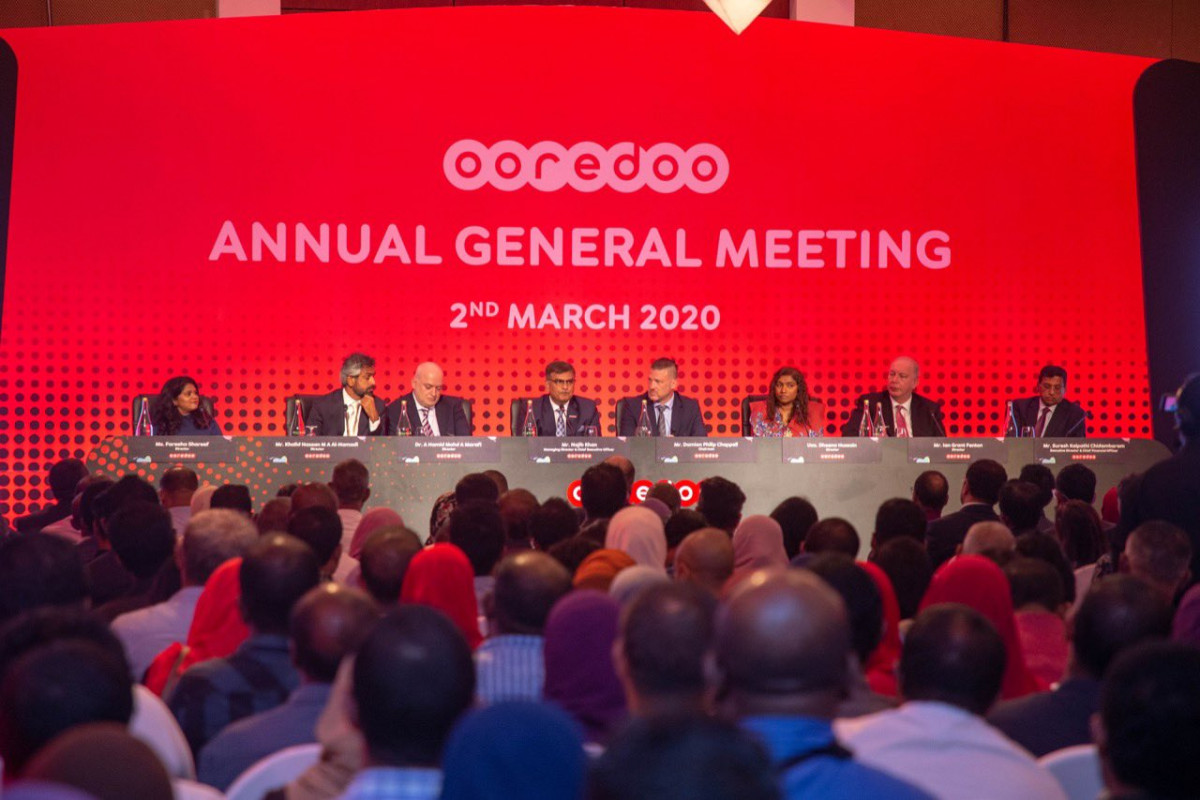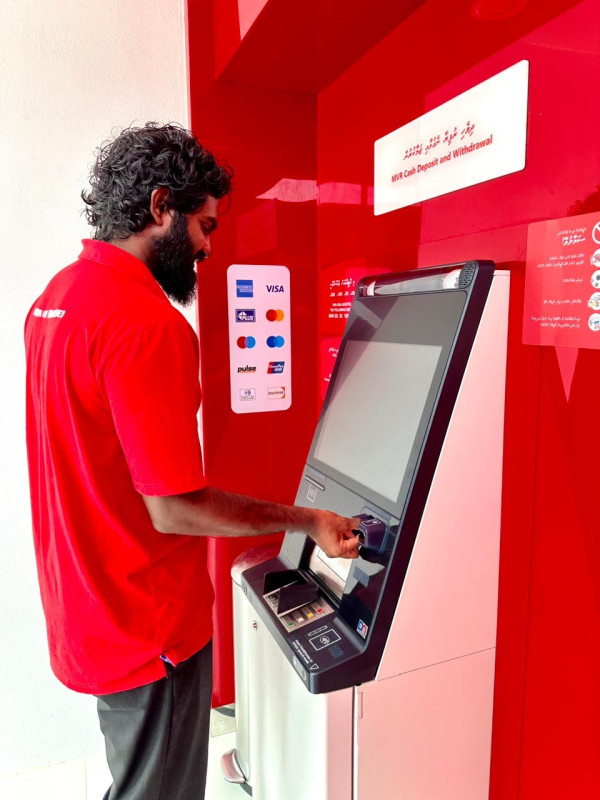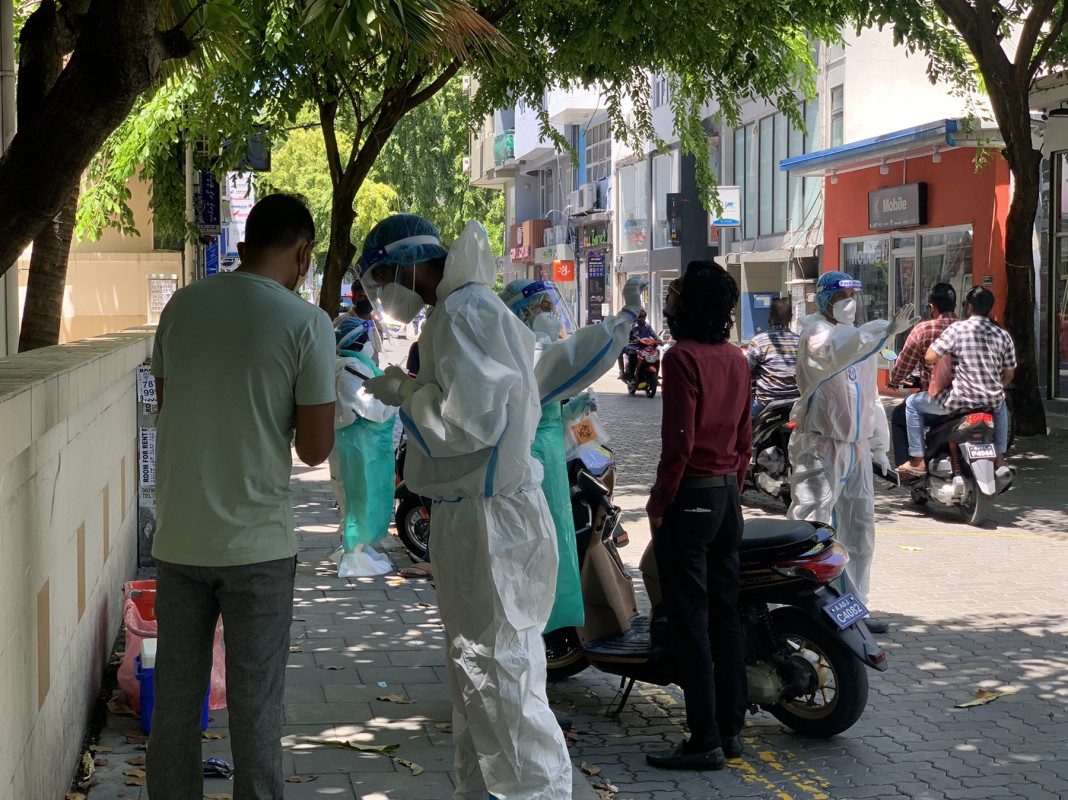Maldivian gov’t silent as global media highlights U.S. terror alert
The US State Department updated its Level 2 travel advisory for the Maldives warning of potential terrorist threats at tourist sites and transportation hubs


JW Marriott Maldives Resort & Spa
As major international news outlets report on a renewed travel advisory by the U.S. State Department warning of a potential terrorist attack in the Maldives, the Maldivian government remains notably silent. Despite the seriousness of the advisory and its implications for national security and tourism, no official response has been issued by relevant authorities.
On Tuesday, the U.S. State Department updated its existing Level 2 travel advisory for the Maldives, adding specific warnings about the possibility of terrorist incidents. The advisory highlights potential threats to tourist sites, transportation hubs, commercial areas such as markets and shopping malls, and government facilities. It also notes that attacks could take place on islands outside the capital Malé City, potentially delaying emergency response efforts.
The development has been widely reported by leading U.S. media organizations, prompting renewed scrutiny of safety conditions in one of the world’s most popular luxury travel destinations. The advisory urges travelers to exercise increased caution and provides a list of precautions, including monitoring local news, avoiding crowds and demonstrations, and enrolling in the Smart Traveler Enrollment Program (STEP) for updated security information.
While the United States frequently issues travel advisories, the explicit mention of a potential terrorist incident has drawn significant international attention. Security analysts and tourism industry experts are expressing concern over the Maldivian government’s failure to acknowledge or address the advisory. The absence of a public statement, clarification, or reassurance from Maldivian authorities is increasingly being viewed as a lapse in crisis communication, especially given the country’s economic reliance on tourism.
The silence from official channels not only raises questions about the government's preparedness but may also undermine public confidence and international trust in the Maldives’ ability to safeguard visitors. In a global media environment where information spreads rapidly, even perceived inaction can damage the country’s reputation and affect future tourist arrivals.
As the story continues to circulate internationally, the lack of transparency from the Maldivian government is fueling speculation and concern, potentially exacerbating the fallout from the U.S. advisory. Given the Maldives' dependency on tourism as a critical economic pillar, the stakes are high, and many observers are now calling for immediate and responsible communication from the government to address growing uncertainty and safeguard public trust.






